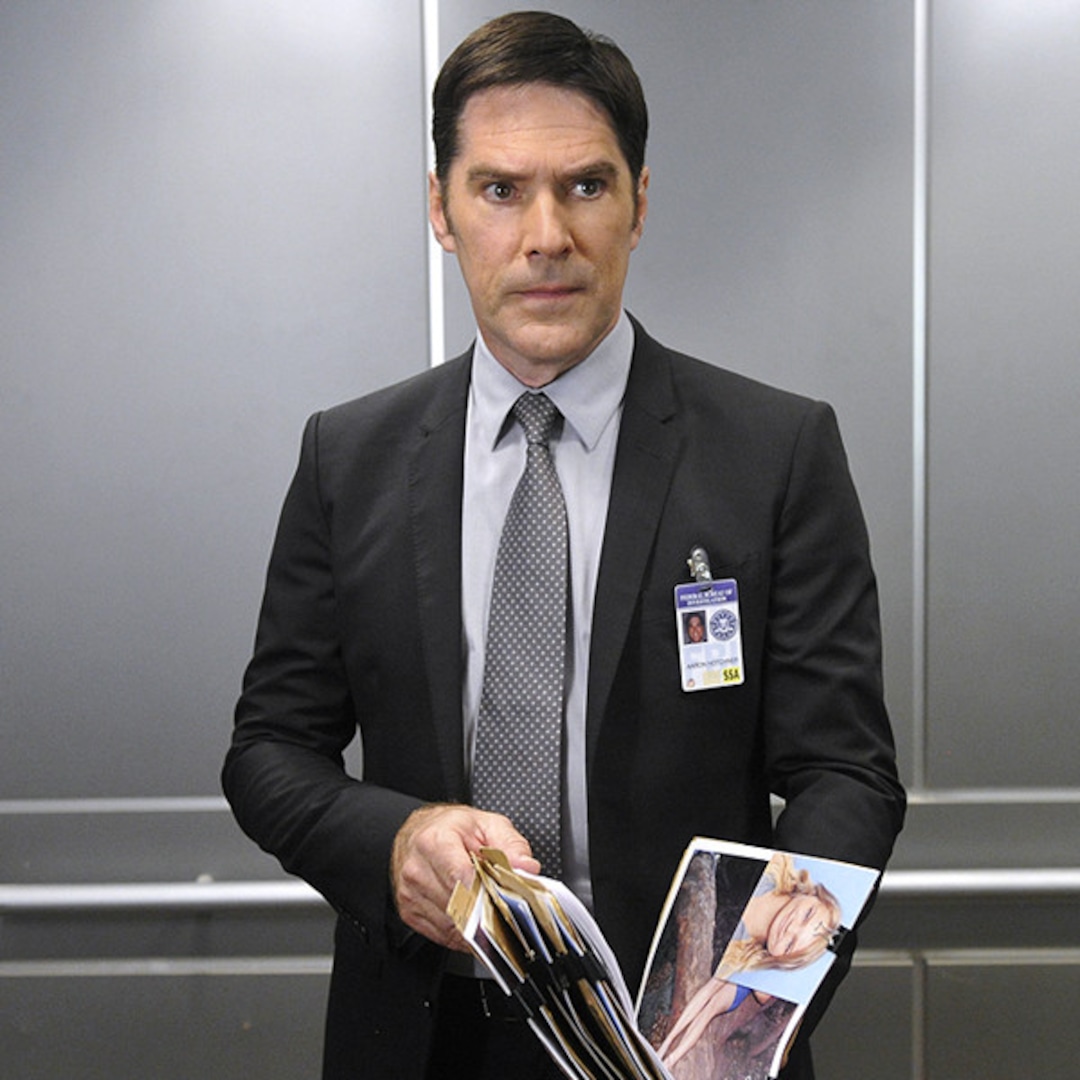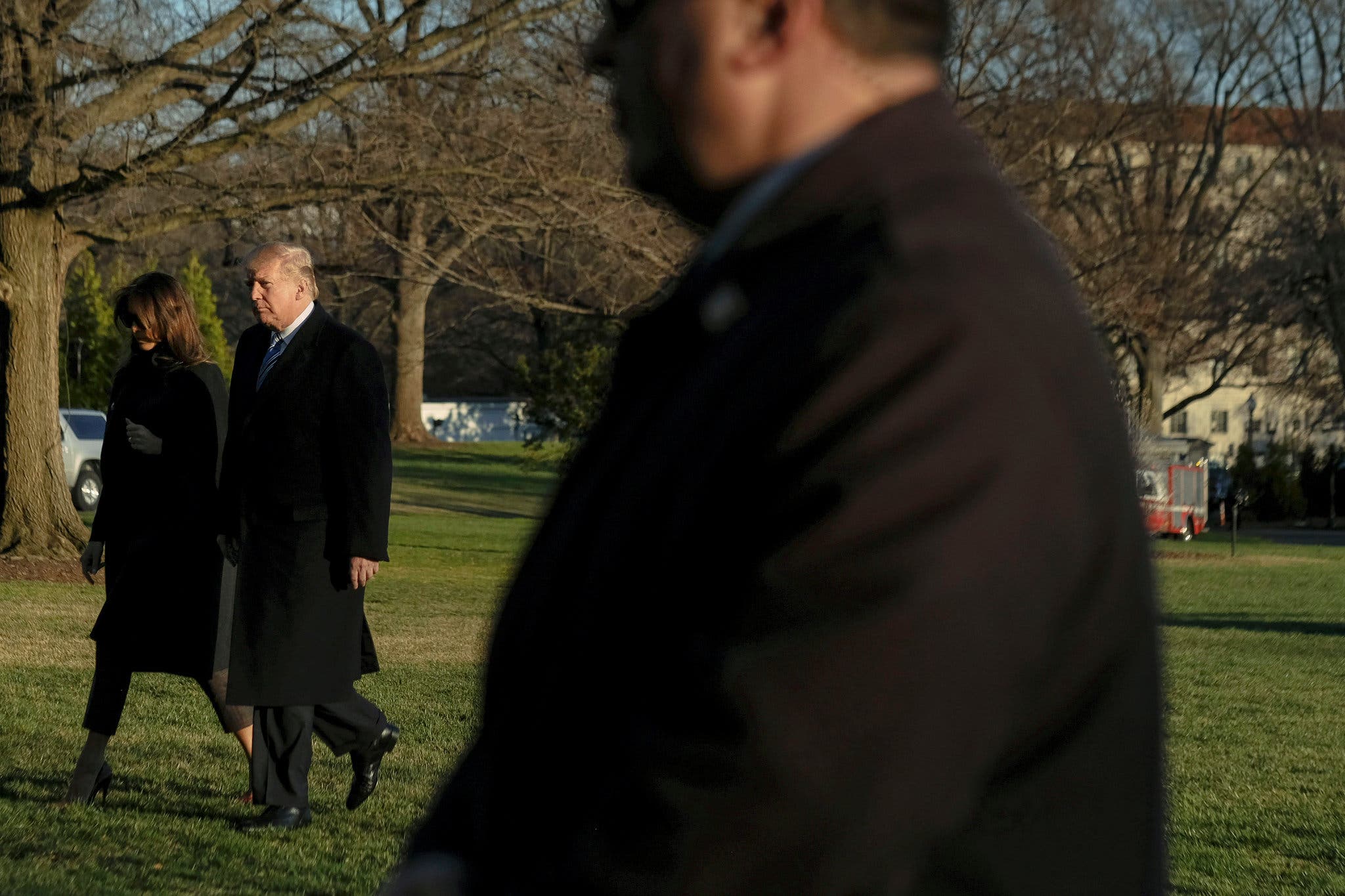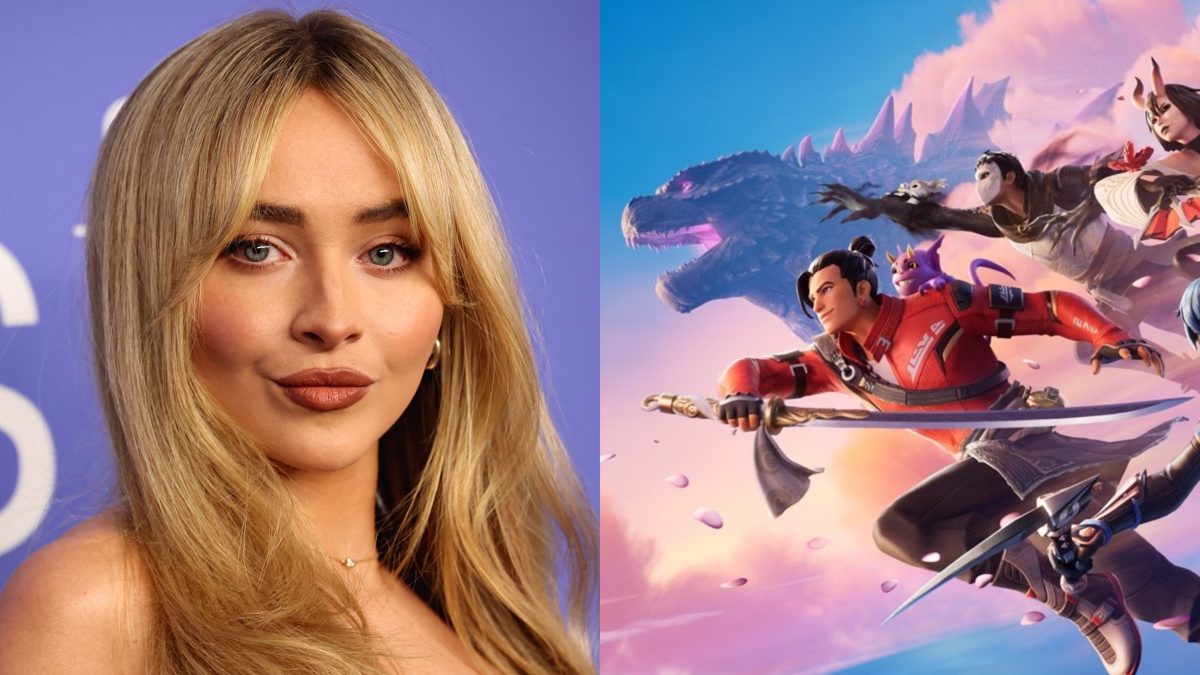Stephen King Vs. Hollywood: 5 Famous Feuds

Table of Contents
The Shining (1980): Kubrick's Controversial Vision
Stanley Kubrick's 1980 adaptation of The Shining remains one of the most celebrated and debated horror films ever made. Yet, the film’s director and Stephen King clashed significantly over the final product. King's criticism of Kubrick’s adaptation centered primarily on the de-emphasis of the psychological aspects of Jack Torrance's descent into madness, which forms the core of the novel.
-
King's criticism of Kubrick's de-emphasis on the psychological aspects: King felt Kubrick focused too much on the visual spectacle and atmosphere, neglecting the subtle nuances of Jack's mental breakdown, which was meticulously detailed in the book. He felt the film's iconic imagery overshadowed the character study at its heart.
-
The altered ending and its impact on the story's meaning: The ending of Kubrick's The Shining differs drastically from the novel's conclusion. This change, while visually stunning, altered the thematic core of the story in King's eyes, changing the narrative's overall meaning and message.
-
King's preference for the miniseries adaptation: King later expressed a strong preference for the 1997 miniseries adaptation of The Shining, starring Steven Weber, believing it to be a more faithful representation of his original work and closer to his intended vision of Jack Torrance's psychological journey.
-
Lasting impact on the perception of both the book and film: The feud surrounding The Shining has only enhanced the legacy of both the book and the film. It highlights the inherent difficulties in adapting a complex novel to the screen, showcasing how even masterful directors can interpret source material in wildly different ways.
The Running Man (1987): A Sci-Fi Showdown
The Running Man, a dystopian thriller, underwent a significant transformation during its cinematic adaptation. While the novel presents a sharp social commentary on a decaying society, the film, starring Arnold Schwarzenegger, shifted the focus heavily towards action and spectacle. This deviation from the source material led to a significant feud between Stephen King and the Hollywood production team.
-
Transformation from social commentary to pure action: The film largely discarded the book's pointed critique of television's influence and the dangers of totalitarian regimes, opting instead for a more straightforward action-adventure narrative.
-
Character alterations and their impact on the narrative: Key characters were altered or omitted, significantly impacting the novel's underlying themes and messages. The film's simplification of the complex social commentary diluted the core message of the original work, upsetting King.
-
King's reported dislike for the film's overall direction: King reportedly disliked the shift in tone and the overall direction of the film adaptation, viewing it as a superficial adaptation that missed the point of his original story.
-
Comparison of the book's bleak outlook versus the film's more upbeat ending: The film provided a considerably more optimistic conclusion than the bleak ending presented in King's novel, another point of contention for the author.
Maximum Overdrive (1986): King's Directorial Debut and Subsequent Disappointment
Stephen King’s directorial debut, Maximum Overdrive, stands as a unique entry in his filmography, and a testament to the challenges of self-adaptation. While the film attempted to infuse King's signature blend of horror and dark humor, it ultimately failed to impress critics or audiences, leading to a self-acknowledged disappointment for the author.
-
King's reflections on his directorial debut: King has openly acknowledged that Maximum Overdrive was not his finest work and a learning experience in the complexities of filmmaking.
-
The film's reception by critics and audiences: The film received overwhelmingly negative reviews and underperformed at the box office, making it a commercial failure.
-
Technical challenges faced during production: Production challenges contributed to the film's shortcomings. King later reflected on these difficulties and the lessons he learned.
-
The film's cult following despite its initial poor performance: Despite its initial critical and commercial failure, Maximum Overdrive has gained a cult following over the years, appreciated for its unique blend of humor and horror and its status as a quirky entry in the King filmography.
Firestarter (1984): A Case of Lost Potential?
Firestarter, the story of a young girl with pyrokinetic abilities, has seen a couple of film adaptations. The 1984 version, starring Drew Barrymore, presented a compelling, if not entirely faithful, interpretation of the source material. While commercially successful, King felt the adaptation missed the true depth of the novel.
-
Comparison of the book's exploration of Charlie's powers and her emotional journey: The book delves into the psychological aspects of Charlie's powers and their effect on her emotional development, which the film adaptation, to an extent, simplified.
-
The film's focus on action over psychological horror: The movie emphasized the action sequences and special effects more than the psychological and emotional complexities explored in the novel.
-
The performance of Drew Barrymore as a young Charlie: Barrymore's performance is generally praised, however, some critics felt the film adaptation couldn't fully capture the character's multifaceted emotional arc.
-
How well the film adapted the novel's themes and underlying message: While the film effectively portrayed the basic plot, some felt it missed the opportunity to fully explore the novel's themes of government control and the struggle for individuality.
It (1990 & 2017): A Tale of Two Adaptations
Stephen King's It boasts two major screen adaptations: a 1990 miniseries and the critically acclaimed 2017 film. Both approaches showcase the challenges of adapting this sprawling and complex novel, resulting in distinct interpretations that highlight the evolution of cinematic storytelling.
-
Differences in tone and portrayal of Pennywise: The 1990 miniseries and the 2017 film offer drastically different tones and portrayals of Pennywise, the terrifying clown. The 2017 version, directed by Andy Muschietti, is notably darker and more terrifying, reflecting advancements in special effects and a shift towards a more mature horror aesthetic.
-
The impact of technological advancements on the visual effects: The advancements in visual effects technology between 1990 and 2017 are dramatically apparent, giving the 2017 adaptation a significantly more effective and chilling visual style.
-
Audience response to both adaptations: While the 1990 miniseries holds a nostalgic place in many viewers' hearts, the 2017 adaptation is generally praised for its more faithful and terrifying portrayal of the source material.
-
How each adaptation chose to approach the novel's complex narrative: Both adaptations faced the challenge of condensing a vast and intricate story into a manageable film format. The 2017 version, spread across two films, attempted to be more faithful to King's work.
Conclusion:
Stephen King's fraught relationship with Hollywood has yielded both successful adaptations and significant creative clashes. From Stanley Kubrick's unique vision to King's own directorial attempts, the journey has been marked by compromises, creative differences, and ultimately, diverse interpretations of his beloved stories. The resulting films, while sometimes straying from the source material, have enriched the landscape of horror cinema, proving that even when disagreements arise, the impact of King's stories remains powerful and enduring.
What are your thoughts on these famous Stephen King vs. Hollywood feuds? Which adaptations do you feel captured the spirit of the original novels best? Share your opinions and favorite Stephen King movie adaptations in the comments below!

Featured Posts
-
 Jeff Goldblum Discusses His Vision For An Alternate The Fly Ending
May 06, 2025
Jeff Goldblum Discusses His Vision For An Alternate The Fly Ending
May 06, 2025 -
 Assessing The Effects Of Trumps Tariffs On Us Industries
May 06, 2025
Assessing The Effects Of Trumps Tariffs On Us Industries
May 06, 2025 -
 Updated Fortnite Dance Emotes Sabrina Carpenter Edition
May 06, 2025
Updated Fortnite Dance Emotes Sabrina Carpenter Edition
May 06, 2025 -
 Is Gypsy Rose Blanchard Ready For Marriage With Ken Urker Exploring The Reasons Behind The Delay
May 06, 2025
Is Gypsy Rose Blanchard Ready For Marriage With Ken Urker Exploring The Reasons Behind The Delay
May 06, 2025 -
 Stephen King Vs Hollywood 5 Famous Feuds
May 06, 2025
Stephen King Vs Hollywood 5 Famous Feuds
May 06, 2025
